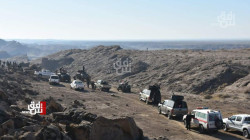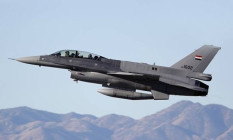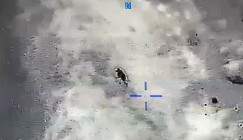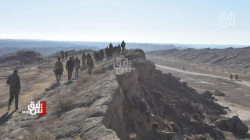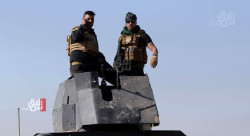Iraqi forces kill senior ISIS leader killed in Kirkuk
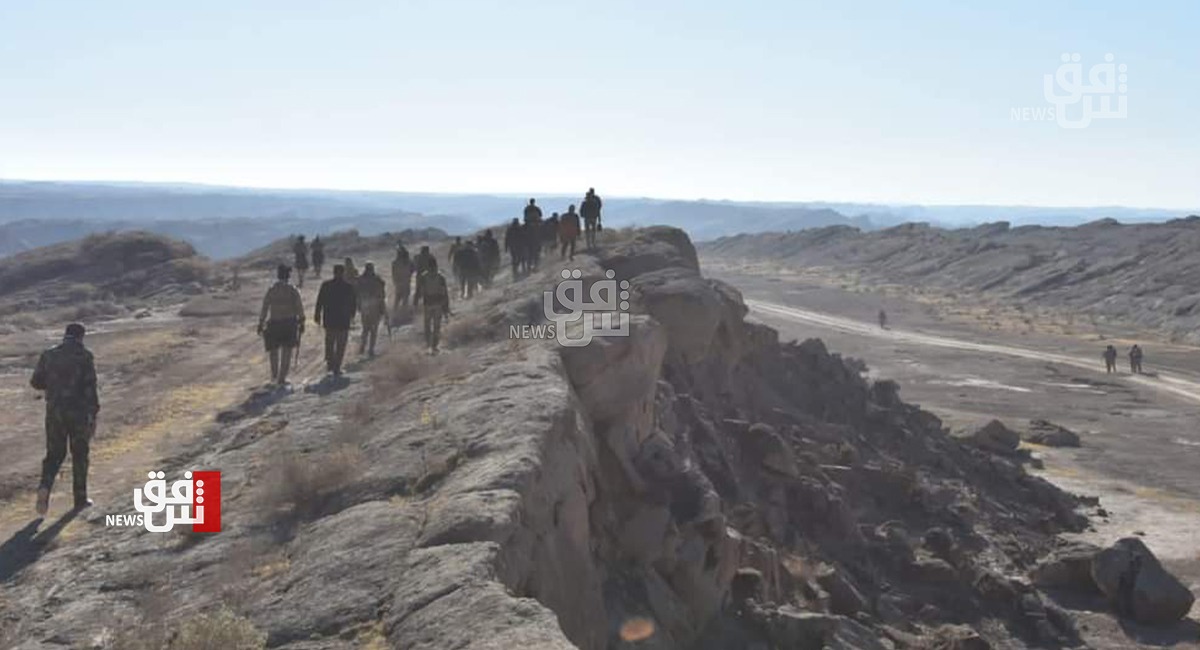
Shafaq News/ The US Central Command (CENTCOM) announced on Friday the killing of a senior ISIS leader in Iraq in a joint security operation with Iraqi forces.
CENTCOM said in a statement that “Iraqi Security Forces (ISF) conducted precision airstrikes in Northeastern Iraq on Oct. 14 that killed four members of the terrorist organization ISIS, including a senior leader. The Iraqi-led strikes were conducted to disrupt and degrade ISIS attack networks in Iraq and were enabled by technical support and intelligence from Coalition Forces as part of Combined Joint Task Force-Operation Inherent Resolve (CJTF-OIR).”
According to the CENTCOM, a preliminary assessment following the strike revealed the presence of explosive "suicide" belts, various weapons, and ammunition. No civilian casualties have been reported.
“ISIS remains a threat to the region, our allies, as well as our homeland. US Central Command, alongside our coalition and Iraqi partners, will continue to aggressively pursue these terrorists,” said Gen. Michael Erik Kurilla, commander of US Central Command,” the statement continued.
On Thursday, the Joint Operations Command (JOC) said that an Iraqi aircraft targeted an ISIS cell near the village of Turka, approximately 50 km north of Kirkuk. the strike was based on precise intelligence, resulting in the death of all members of the cell, a security source informed Shafaq News.
Additionally, JOC reported other airstrikes carried out on Monday that resulted in the deaths of ISIS members in Kirkuk province.
ISIS has been a persistent threat in Kirkuk, a multi-ethnic region in northern Iraq. Although the group lost its territorial control in 2017, its remnants continue to operate in rural and mountainous areas, launching attacks on civilians and security forces.
Kirkuk is considered a disputed area, with competing claims from the Iraqi federal government and the Kurdistan Regional Government. This ongoing dispute has resulted in a lack of unified security efforts, creating numerous security gaps—areas where neither side maintains full control.
ISIS and other militant groups take advantage of these gaps to conduct attacks and establish safe havens.
